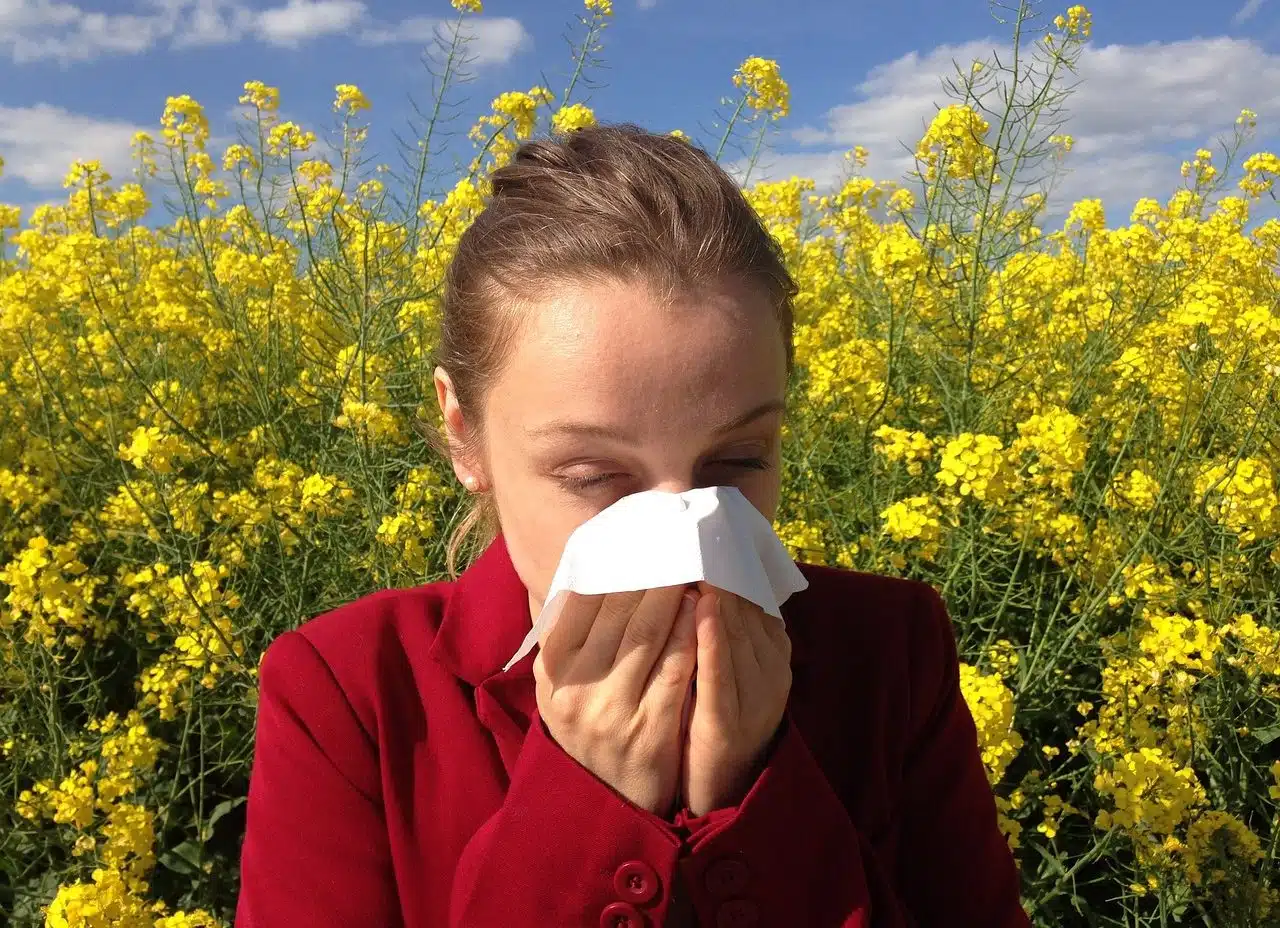
An allergy is a set of phenomena that occur as a reaction to sensitivity.
An allergy is a series of phenomena that occur in the body when certain substances are absorbed that cause a particular sensitivity . It is a reaction to the agents that generate certain symptoms.
The term has its etymological origin in the Greek language, being the result of the sum of three components: allos , ergon and the suffix -ia . The word was coined in the early 20th century in German by a Vienna bacteriologist named Clemens von Pirquet Cesenatico , who was helped in this regard by another doctor, the Hungarian Béla Schick .
What is an allergy
Allergies can manifest themselves through respiratory tract disorders or skin rashes . In some cases, allergies can trigger a disease , such as asthma.
Allergies must be understood as reactions of the body to the presence of a substance that it does not tolerate. The elements that can cause an allergy are called allergens .
Examples of allergens
Mites are among the allergens that tend to cause the greatest number of allergies. These microscopic-sized parasites can live in mattresses, padding and carpets, among other textile products. The excrement of these animals is volatile and can be inhaled by people: once in the body, they cause allergies. In this way, the allergic subject usually sneezes frequently, has abundant nasal secretions and suffers discomfort in the throat and eyes.
There are individuals who are sensitive to pollen and who suffer from an allergy to this substance produced by plants. By inhaling the pollen that is dispersed in the air , they begin to experience allergic rhinitis . As plants carry out pollination at certain times, these periods are particularly difficult for those who have this allergy.

There are plants that cause allergies.
Allergy prevention and treatment
To avoid allergies or minimize their symptoms , the person should try not to come into contact with allergens and may resort to pharmacological treatments.
For people with pollen allergy problems, for example, it is important that they follow a series of important recommendations in order to cope with them as best as possible:
- It is vital that they are adequately informed of the pollen levels that exist each day in order to, to the extent possible, avoid leaving the house at times when the concentration is highest.
- If they have no choice but to go out, they should choose to wear sunglasses and a mask if possible.
- At home, they should avoid spending too much time with the windows open.
- It is essential that you do not dry your clothes outdoors because they may come into contact with pollen.
- It is necessary that they go to the doctor who treats their allergy so that this professional can prescribe the drugs that allow them to cope with the situation in the best way.
